class: center, middle, inverse, title-slide # War, Technology & Innovation ## Vietnam’s Digital Battlefields ### Jack McDonald ### 2020-02-03 --- class: inverse # Lecture Outline .pull-left[ Posing an Answerable Research Question Widening Focus: War in the Information Age Widening Focus: Technology and Humanity ] .pull-right[ ] ??? /// --- class: inverse # Posing an Answerable Research Question ??? --- # Recap: Criteria for Your Research Question It relates to the course! The question can be tackled productively in the space of 5000 words - If the answer is unknown, then the answer should explain the limits/contours of available knowledge It derives from an interesting research problem/Puzzle The academic importance of the question/answer is explainable ??? --- # Question Scope .pull-left[  ] -- .pull-right[ - International relations - Security studies - Arms control - Strategic stability and emerging technology - Lethal Autonomous Weapon Systems regulation - Meaningful Human Control - A legal analysis of MHC - A legal analysis of the Vincennes incident ] ??? --- # Question Scope (2) .pull-left[  ] -- .pull-right[ You are not expected to, or assessed upon, your ability to produce work comparable to professionals with 3-5 years of training You __are__ assessed upon your ability to understand what kind of question can be answered in 5000 words without significant original research ] ??? --- # Choosing a Question Suited to 5000 Words .pull-left[  ] -- .pull-right[ 1. Did culture affect the design of nuclear command and control systems? 2. How did culture affect the design of nuclear command and control systems? 3. How did security cultures affect the design of American nuclear command and control systems? 4. How did security cultures affect the design of Permissive Action Links on American nuclear warheads in Europe? ] ??? --- class: inverse # Small Group Discussion (15 minutes) .pull-left[ Identify a suitable question related to: - A case study covered in the lectures/seminars, __or__ - One of the themes of the course ] .pull-right[ Try to identify: - A variant that would not be answerable in 5000 words - A variant that would be too simple for a 5000 word essay ] ??? --- class: inverse # Widening Focus: War in the Information Age .pull-left[ 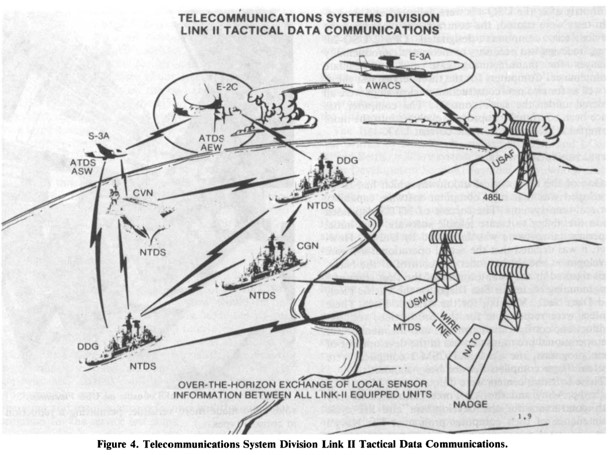] .pull-right[ 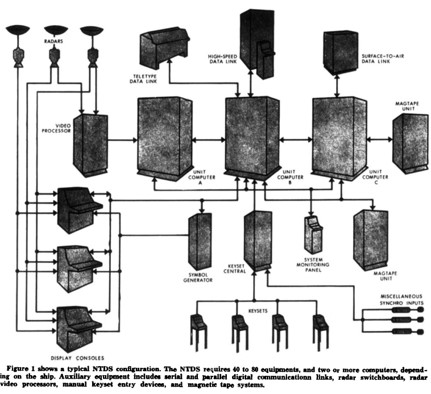 ] ??? Dispute Blind Spot --- # War in the Information Age .pull-left[ 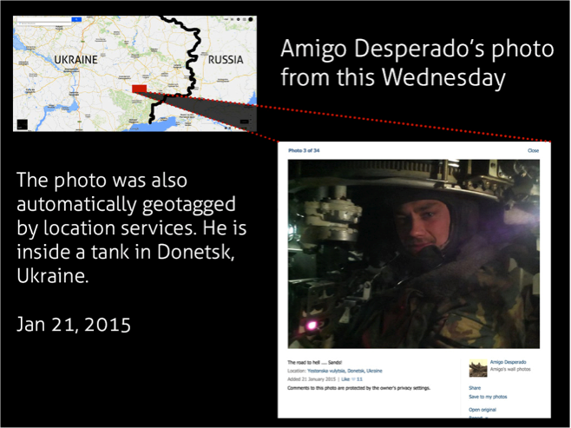 ] .pull-right[  ] ??? --- # What Defines the "Information Age"? .pull-left[ .medium[ - Age of Tools (-1500) - Age of Machines (1500-1830) - Age of Systems (1830-1945) - Age of Automation (1945-) > the cardinal result of the invention of invention, and the accelerated pace of technological innovation, was a vast increase in the amount of information needed to “run” any military unit, make any decision, carry out any mission, conduct any operation, campaign, or war. Martin Van Creveld, _Technology and War_ ] ] .pull-right[ Information communication Information processing Information theory Non-human computation Non-human sensing ] ??? --- # When Did the "Information Age" Start? .pull-left[ 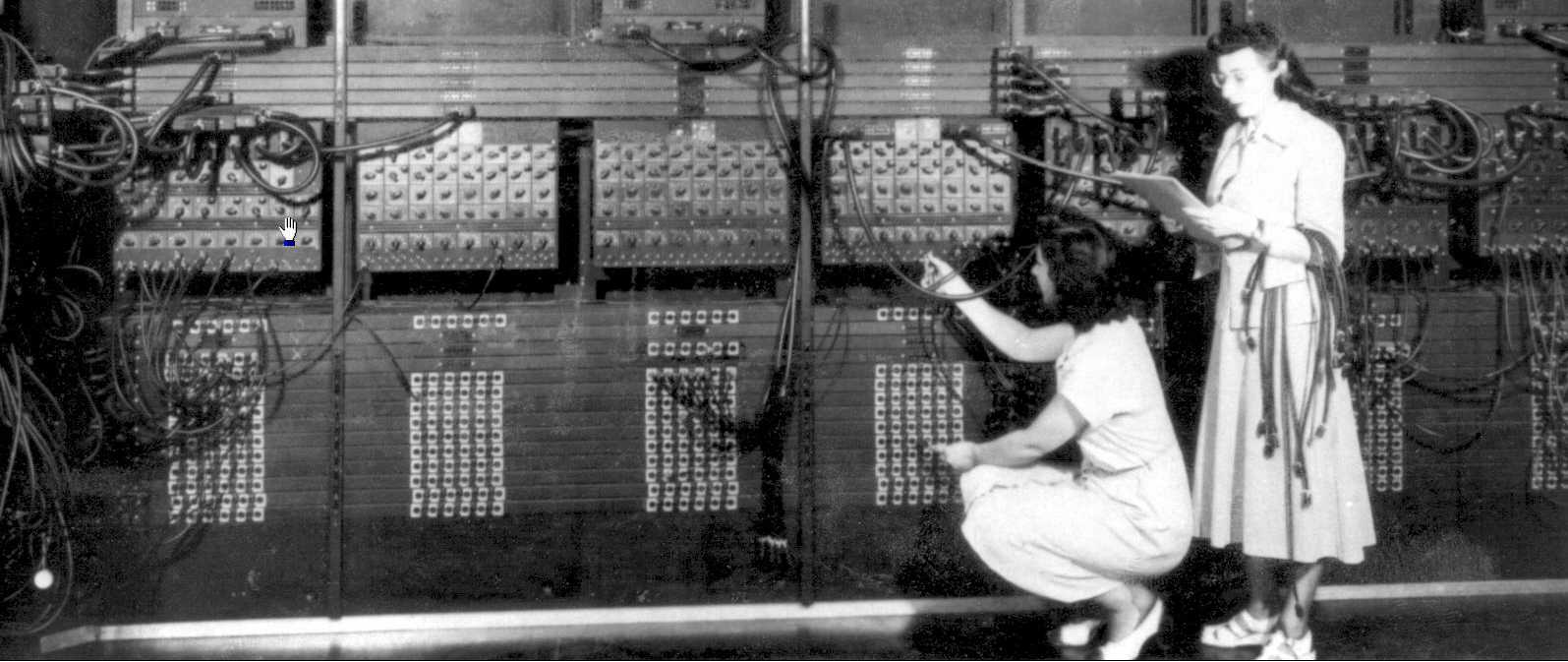 Here I will define "age" to mean a period where a given technology package is a shared characteristic of dominant competitors in a social system. ] .pull-right[ Pre-19th - State bureaucracies - Probability and statistics (18th) 19th - Global telegraph networks - Vaccuum diodes 20th - Semiconductors - Transistors - FORTRAN ] ??? --- # The Transformation of War in the IA .pull-left[  ] .pull-right[ 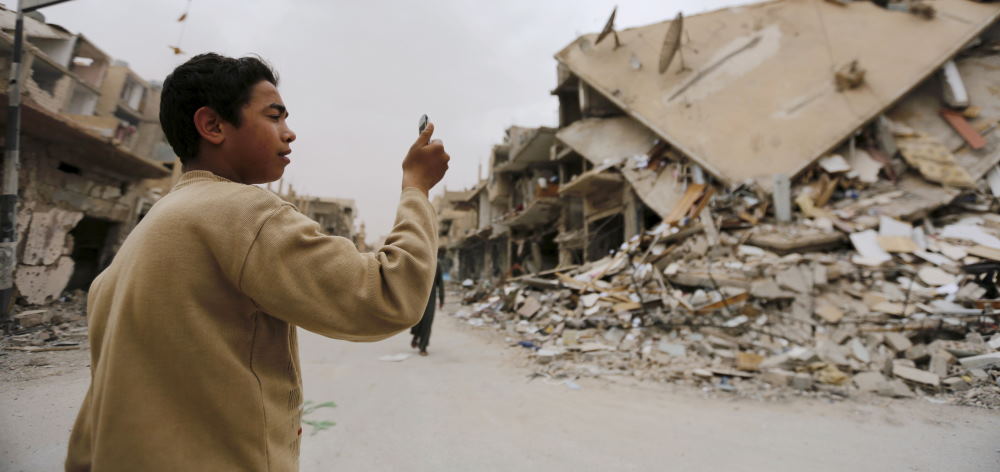 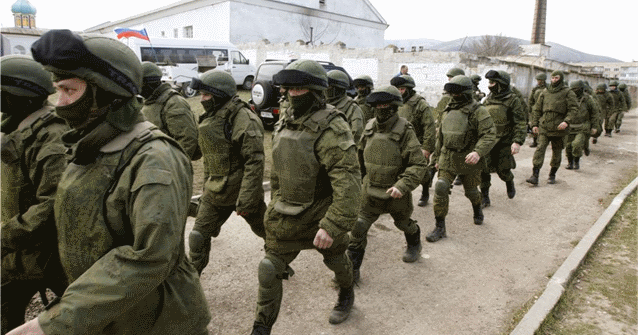 ] ??? /// --- # New Domains of Warfare? .pull-left[ 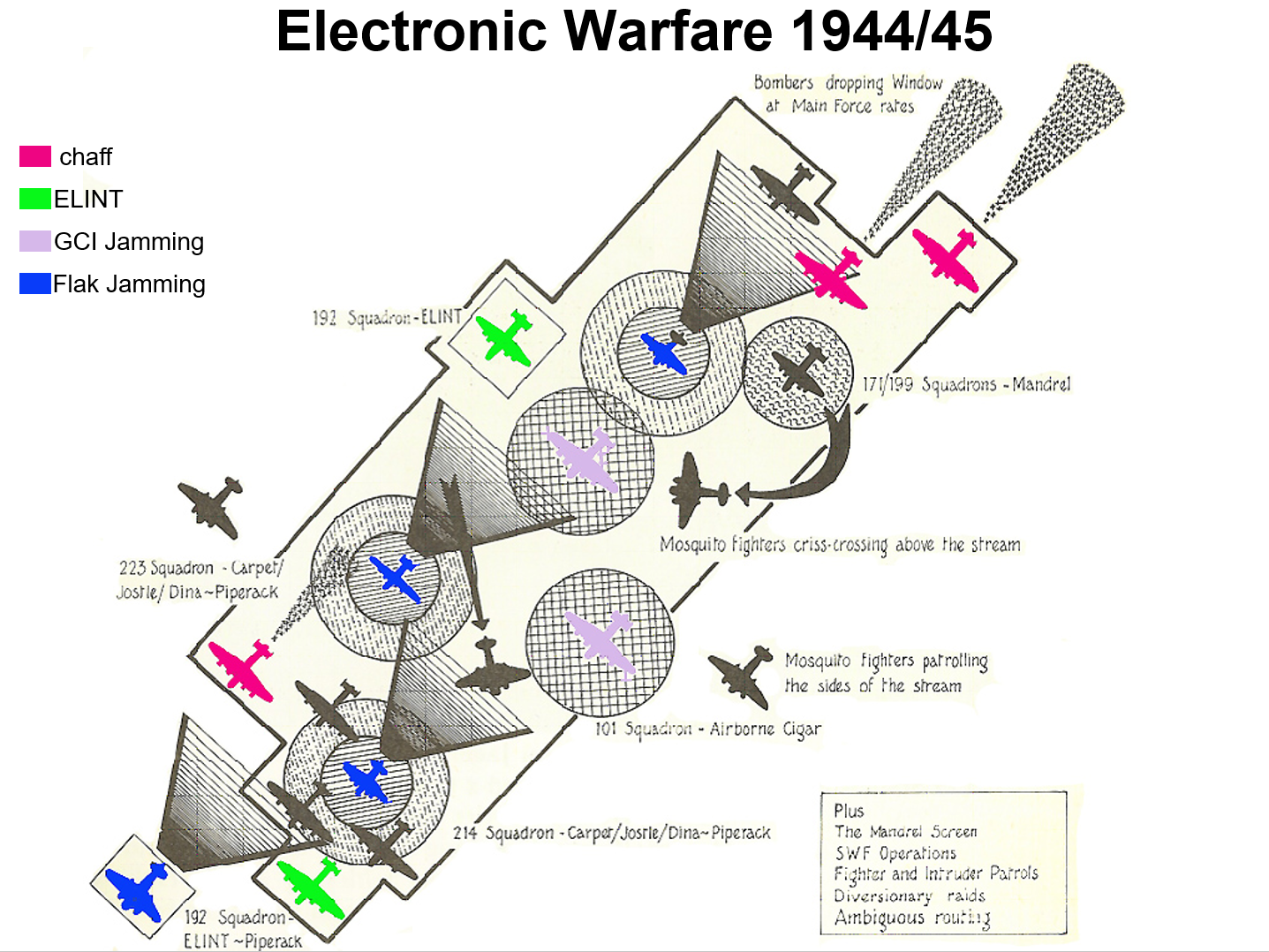 ] .pull-right[ Picture stolen from Steve Blank's [_The Secret History of Silicon Valley_](https://steveblank.com/secret-history/) Intentional human manipulation of electromagnetic spectrum gives rise to electronic warfare. - Intangible domain of war - Raises key question: what is a domain, anyway? - Another question: how do you conceptualise conflict in an intangible domain? ] ??? /// --- # Vietnam's Digital Battlefields .pull-left[ 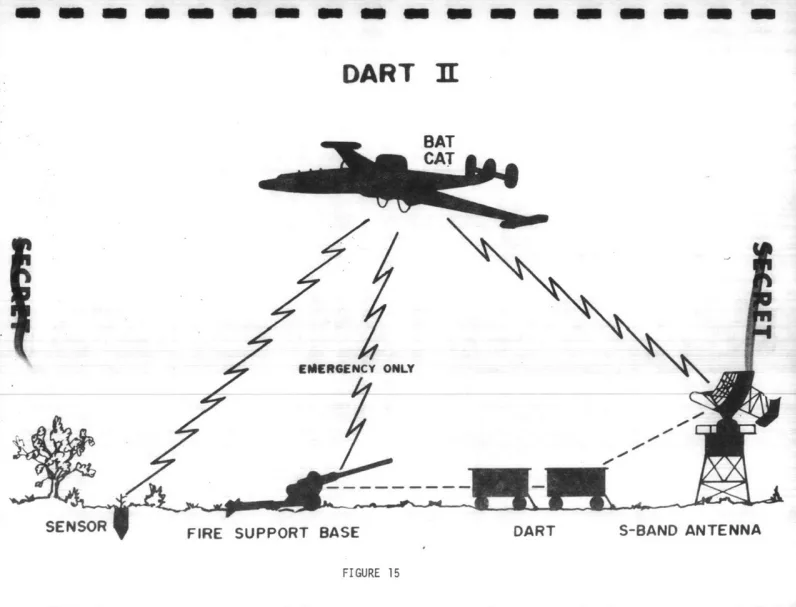 ] .pull-right[ 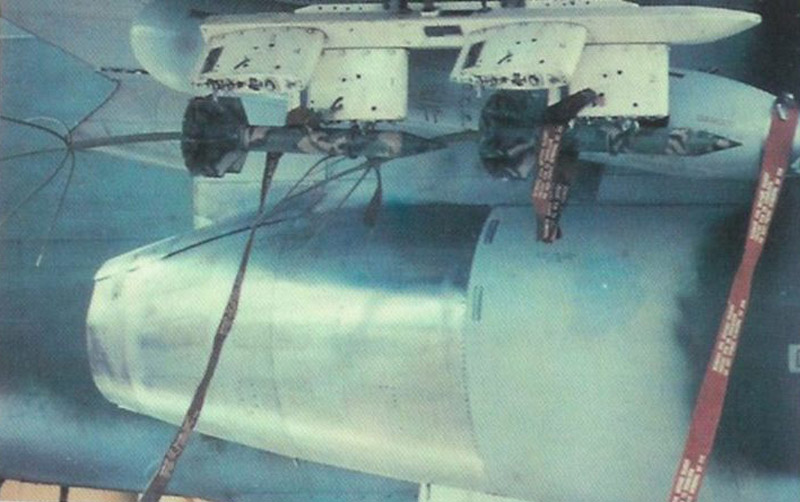 ] ??? --- class: inverse # Small Group Discussion .question[How do technological capabilities shape cultural perceptions of legitimate military conduct?] ??? --- class: inverse # Widening Focus: Technology and Humanity ??? --- # Recap: Ideas and Technology .pull-left[ > US reliance on the most advanced aviation and computer technology speaks to a deeply rooted strain in liberal war-fighting and political traditions. Patricia Owens, _Accidents Don't Just Happen_ ] .pull-right[ > The Gulf War was not a humanitarian war; but it was a humane one for the allied forces... It was a sanitised war for the United States, but what of the death-toll on the other side? Christopher Coker, _Humanising War_ ] ??? --- # War is Cruelty .left-column[   ] .right-column[ > You cannot qualify war in harsher terms than I will. War is cruelty, and you cannot refine it; and those who brought war into our country deserve all the curses and maledictions a people can pour out... > You might as well appeal against the thunder-storm as against these terrible hardships of war. They are inevitable, and the only way the people of Atlanta can hope once more to live in peace and quiet at home, is to stop the war... William Tecumseh Sherman, _Letter to Atlanta_ ] --- # It is Humane to End Wars Fast .pull-left[ .small[ > The more vigorously wars are pursued, the better it is for humanity. Francis Lieber > Looked at in a different light, Lieber’s code seems not so constraining after all. It authorized the destruction of civilian property, the trapping and forced return of civilians to besieged cities, and the starving of noncombatants... in its most open-ended provision, the code authorized any measure necessary to secure the ends of war and defend the country. "To save the country," Lieber wrote, "is paramount to all other considerations." John Fabian Witt, _Lincoln's Code_ ] ] .pull-right[ 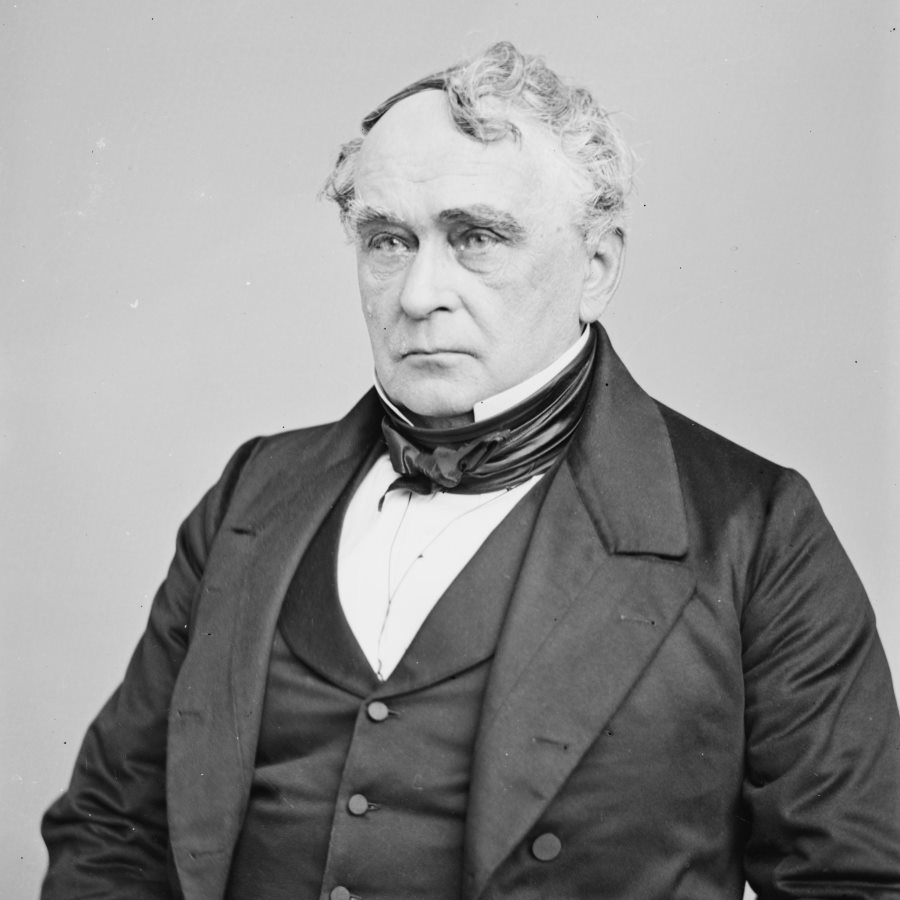 ] ??? --- # It is Humane to Constrain The Excesses of War .left-column[ 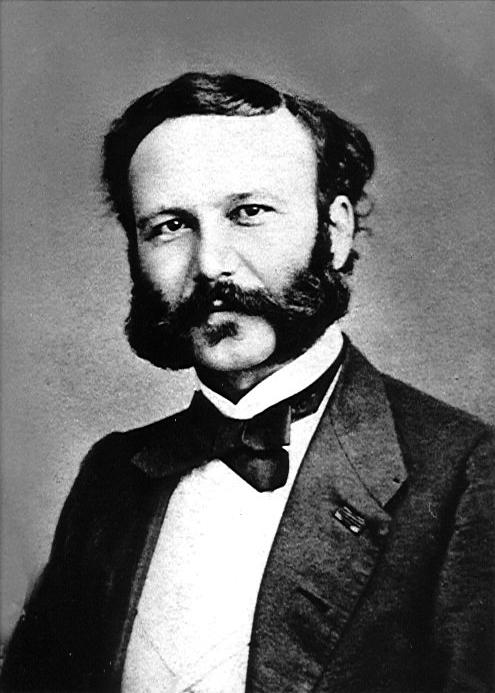 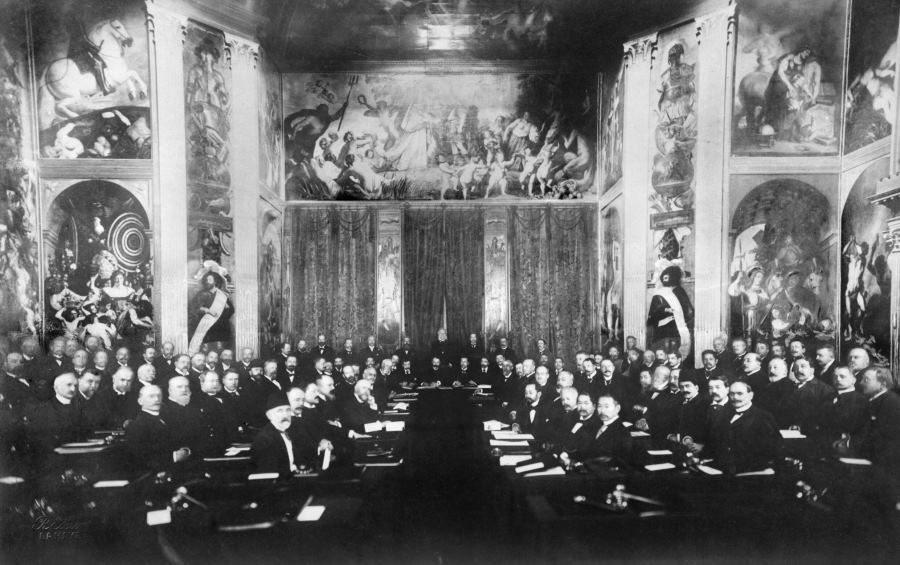 ] .right-column[ .small[ > ...in an age when we hear so much of progress and civilization, is it not a matter of urgency, since unhappily we cannot always avoid wars, to press forward in a human and truly civilized spirit the attempt to prevent, or at least alleviate, the horrors of war? Henri Dunant, _A Memory of Solferino_ > Until a more complete code of the laws of war has been issued, the High Contracting Parties deem it expedient to declare that, in cases not included in the Regulations adopted by them, the inhabitants and the belligerents remain under the protection and the rule of the law of nations, as they result from the usages established among civilized peoples, from the laws of humanity and the dictates of public conscience. The Martens Clause, _1899 Hague Convention_ ] ] ??? Dunant quote is from p.127 of [This version](https://www.icrc.org/en/doc/assets/files/publications/icrc-002-0361.pdf) It's worthwhile noting that whatever you think about this disagreement, Sherman's actions would now be classed as wholly unlawful under international law, in part due to the codification of International Humanitarian Law in the 19th and 20th centuries, which was in part due to the efforts of Dunant and the ICRC. --- # Inhumane Weapons 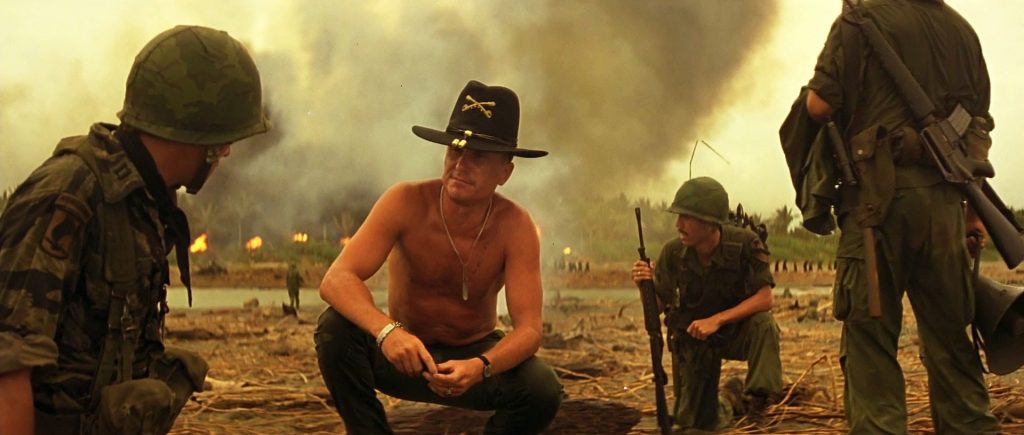 .medium[ > You smell that? Do you smell that?... Napalm, son. Nothing else in the world smells like that. I love the smell of napalm in the morning. Kilgore, _Apocalypse Now_ ] ??? --- # Non-Lethal Weapons > In the last fifteen years, much has been written about NLWs. However, despite extensive discussion on the possible perspectives regarding NLWs, 53 and the significant technological development that has occurred in this area, it seems that not much has happened in the last thirty years: “The list of non-lethal weapons that are currently available does not differ greatly from similar compilations 30 years previously.” Ofer Fridman, _“Are We Ready for the Revolution of Nonlethal Weapons?”_ ??? https://www.tandfonline.com/doi/full/10.1080/01495933.2013.805993?needAccess=true&instName=King%27s+College+London --- # Humane Weapons .pull-left[ .medium[ > Ontologically speaking, the question of life and death is binary. Humans are either 'alive' or they 'are not alive'. Yet as will become evident, when it comes to questions of lethality, the methodological challenge of defining a crossover point between being and nothingness is scientifically and technically disobedient. Laboratory experiment has been unable to generate the level of certainty necessary to define the optimal process of killing in war. Matthew Ford, _The Epistemology of Lethality_ ] ] .pull-right[ 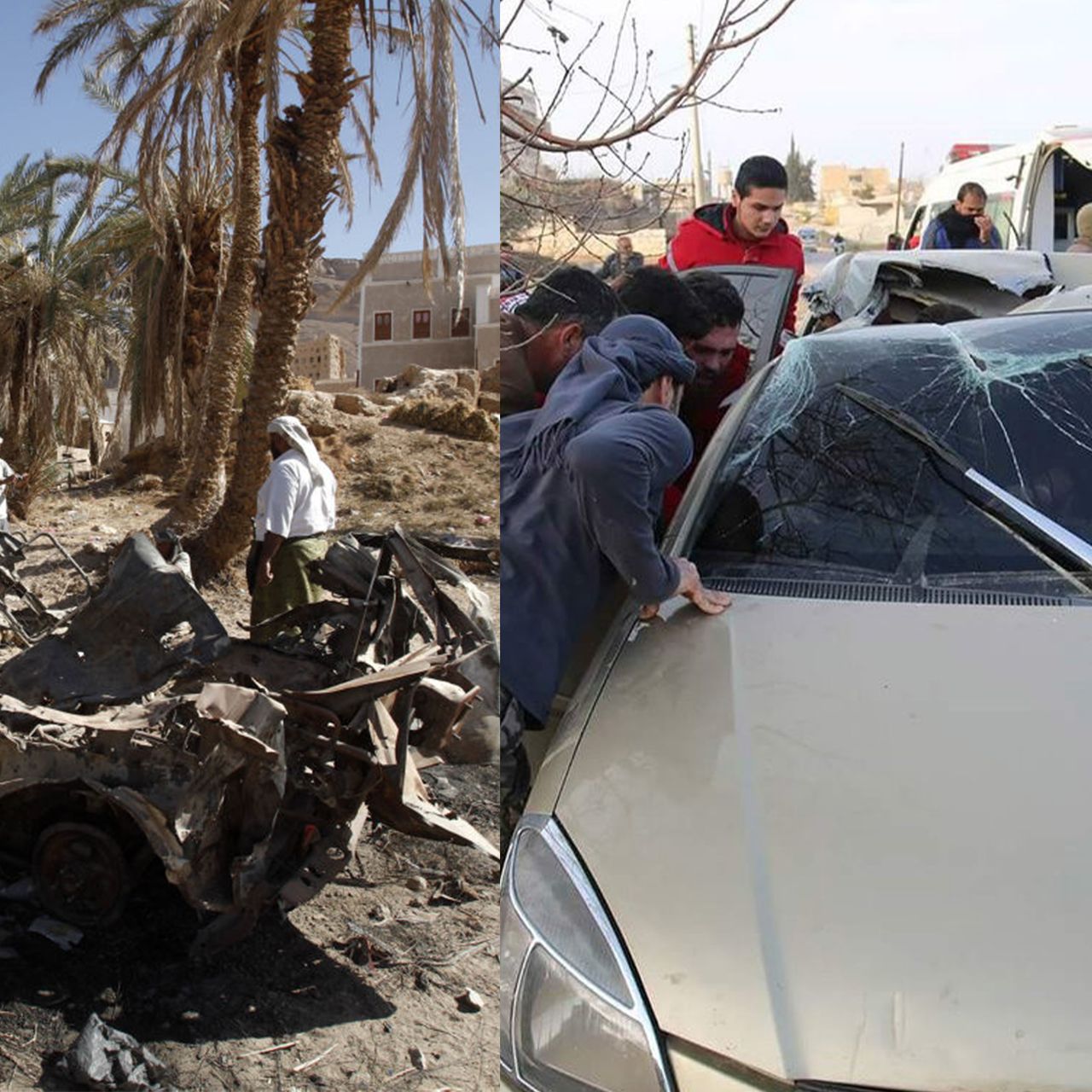 ] ??? ///